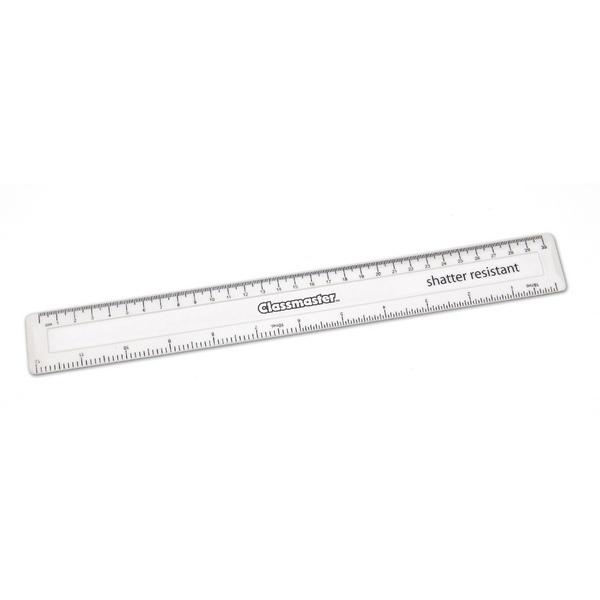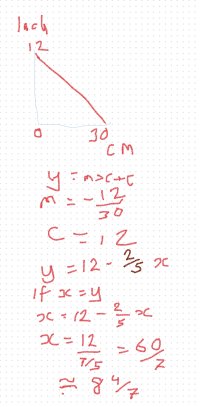The Tall Luthier
First half is 12 minutes longYou have to drive 12km in your California.
You drive the first 6km at an average speed of 30km/h.
How fast do you need to drive the remaining 6 km to achieve an average speed of 60km/h for the whole journey?
Total journey time allowed is 12 minutes
Part 2 : Really very quickly,


















